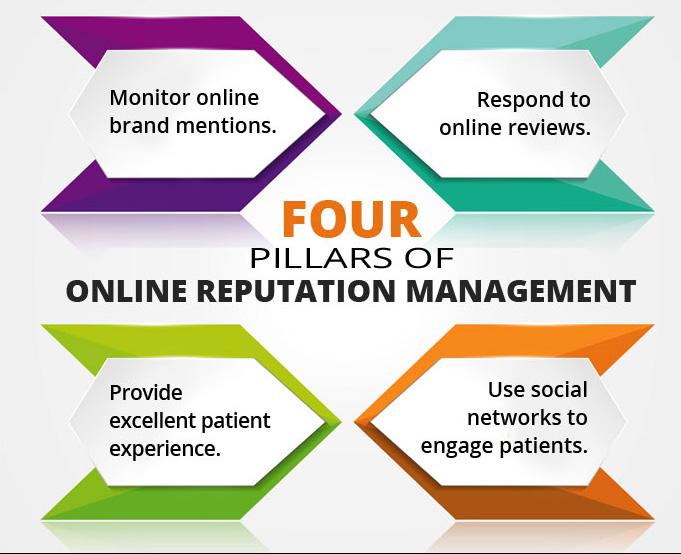
3 minute read
Hospital online reputation management
Hospital online reputation management
By Sheila Murithi
Advertisement
Developing positive reputation and acquiring consistent reviews for the Hospital is more challenging than it seems, even when we excel at patient care. This is because unsatisfied patients are far more likely to write reviews, and these negative reviews create an inaccurate perception of our Hospital. Informed and empowered patients do their homework and as we know, the internet never forgets, therefore having such information lingering on the web can be damaging to the KNH brand.
We live in the digital era where perception is reality: who we are online, is who we are to most people. You may wonder why online reputation is so important; research shows that 81% of patients evaluate reviews before choosing a healthcare provider, so online reputation can make or break new patient acquisition. Healthcare businesses with a strong online reputation can also help curb a patient’s anxiety and send the message that they are to be trusted with their care. (Source: Why Does Online Reputation Matter For Healthcare Practices? Article by Lauren Parr, Forbes Councils Member and Product Marketing Manager at RepuGen; an online healthcare reputation management SaaS platform. Forbes Magazine). Reputation then becomes very vital for KNH more so that it is considered as a National Referral Hospital offering specialized services.
Reputation management requires a systematic commitment of time and effort.
To effectively manage the hospital’s online status we must consider: 1. Online and in-person reputation.
Pay attention to both daily. What we say and do is who we are. 2. Attract more patients with genuine positive reviews. 3. Manage negative reviews and increase patient retention by quickly responding to patients’ concerns. This improves the chances of recovering unhappy patients and converting them into loyal patients.
PHOTO | STOCK
A mediator soling dispute between two parties
4. Gather actionable insight about anything that needs to change in order to increase patient satisfaction and implement them. 5. Keeping the public informed on advancements happening in KNH and ground-breaking research and surgeries will cultivate a higher level of trust with patients and the public and this in turn mutes or reduces the dull publicity. 6. Patient recommendations and testimonials: The Internet is the home of “digital wordof-mouth.” Comments, either positive or negative, end to be seen as a form of endorsement, crowdsourcing, or social proof.
Patient recommendations and testimonials can, and often do, significantly influence the decision process and provider selection of other patients. 7. Social Media: Keeping our own content fresh and engaging and also having staff advocating for the brand in the various social platforms.
As mentioned earlier, the internet NEVER forgets! It’s frustrating to think that user-generated comments often remain online and available even when they are incorrect, inaccurate, and often undated. Because things are “continuously available” online is further reason to keep a close eye on our online reputation and never pass on a chance to spread positivity around the brand. Remember, we are the brand.
We live in the digital era where perception is reality: who we are online, is who we are to most people. You may wonder why online reputation is so important; research shows that 81% of patients evaluate reviews before choosing a healthcare provider, so online reputation can make or break new patient acquisition. ,”










